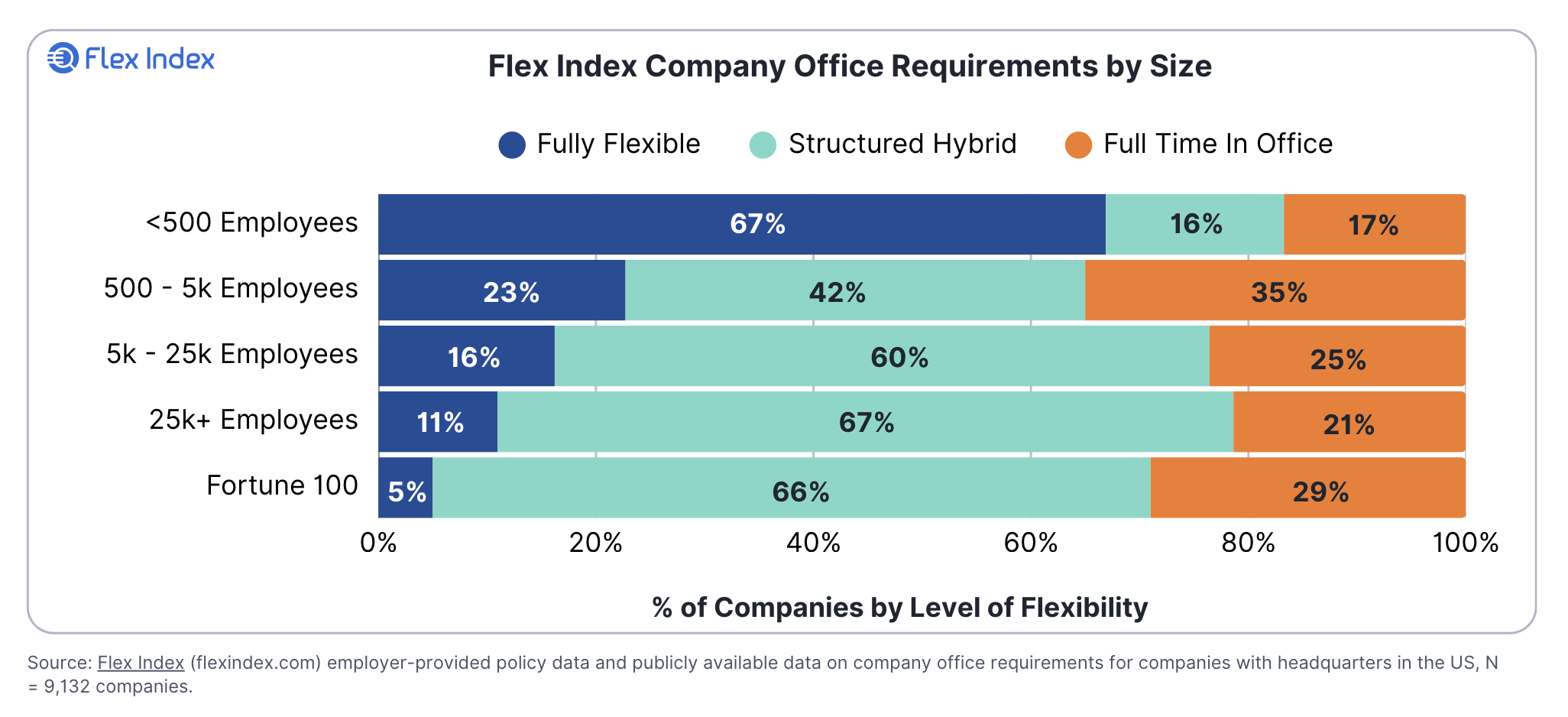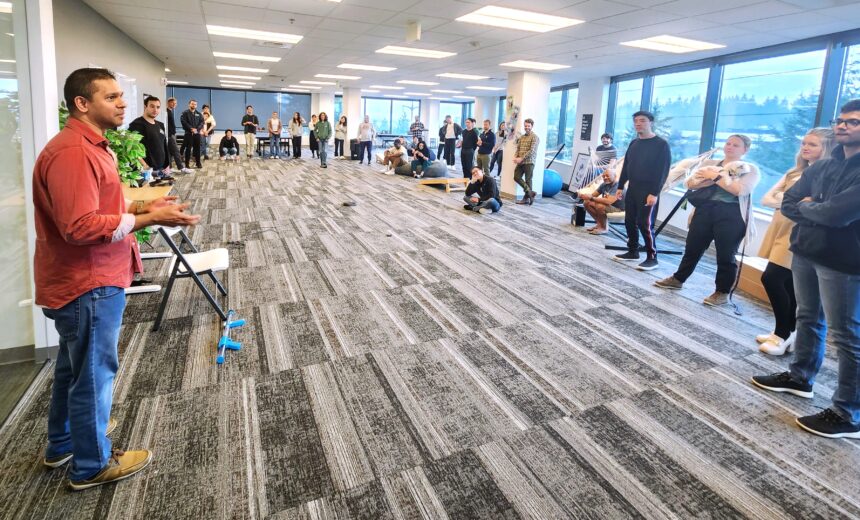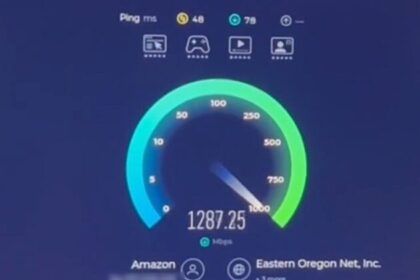A unique aspect of Seattle-area startup Statsig — which announced its pending $1.1 billion acquisition to OpenAI on Tuesday — is the company’s policy for working at the office.
Since launching four years ago, Statsig CEO Vijaye Raji has instituted a requirement for employees to work in the office five days a week.
It’s a notable contrast with the post-pandemic hybrid and remote work practices that remain common among many startups to this day. Only 17% of companies with 500 employees or less are full-time in the office, according to Flex Index.
Madrona managing director S. “Soma” Somasegar, an early investor in Statsig, called out the company’s in-office policy in a blog post Tuesday about the acquisition, which is one of OpenAI’s largest to date.
“In a time when the world was figuring out remote and hybrid models, Statsig doubled down on five days a week in the office,” he said. “That choice fostered a high-performing, deeply collaborative culture; a reminder that sometimes the simplest choices create the strongest foundations.”
As we reported last year, Raji initially planned to be fully in-person for Statsig’s first year and then open up to a hybrid model.
But the startup, which now employs 155 people, found the in-person environment working so well that they decided to continue.
Raji, who previously led Facebook’s Seattle engineering office before founding the feature management and experimentation startup in 2021, has cited various benefits from working together everyday — including faster decision-making, better real-time collaboration, reduced friction, and stronger social bonds.
Statsig employees echoed those points in a recent video, also calling out the energy in the office, free lunches, and pets.
Employees have the leeway to work from home or elsewhere to take care of personal issues. Statsig also has salespeople who work remotely from various time zones.
But the baseline expectation is to be in the office five days a week.

Raji has acknowledged trade-offs — the cost of office rent, time spent commuting, and limiting Statsig’s ability to hire more broadly across the world.
But especially for startups that are just getting off the ground and trying to scale, Statsig’s approach — and subsequent success — is a proof point for working in the office together.
“Especially in a startup, where you’re trying to outcompete all the other smart people in the world, I feel if you can get any advantage in one way or the other, take it,” Raji said last year.
His thinking likely aligns with OpenAI CEO Sam Altman, who said in 2023 that startups are most effective when they are working together at the office.
Many companies, including Amazon, have brought workers back to the office after the pandemic-fueled shift to remote work.
Startups can certainly succeed with hybrid or fully remote workforces. Earlier this year, we reported on Chainguard, a 4-year-old cybersecurity company that has zero physical offices — and raised $356 million at a $3.5 billion valuation in April.
Chainguard CEO Dan Lorenc said being remote gives his company a big advantage when it comes to hiring. He also said it’s important for the company to have regular in-person events and structure for meeting cadence.
The average U.S. firm requires corporate employees to be in the office 2.87 days per week, according to Flex Index, which also reported that public companies with “fully flexible” office policies (remote or employee choice) grew revenue at 1.7X the rate of those with a mandate.
Related:
- Thoughts on Amazon’s full return to the office from a CEO who knows the value — and the trade-offs
- OpenAI deepens Seattle-area footprint with blockbuster $1.1B acquisition of Statsig
- OpenAI acquires Statsig for $1.1B, names CEO to key role in surprise exit for Seattle-area unicorn
Read the full article here










